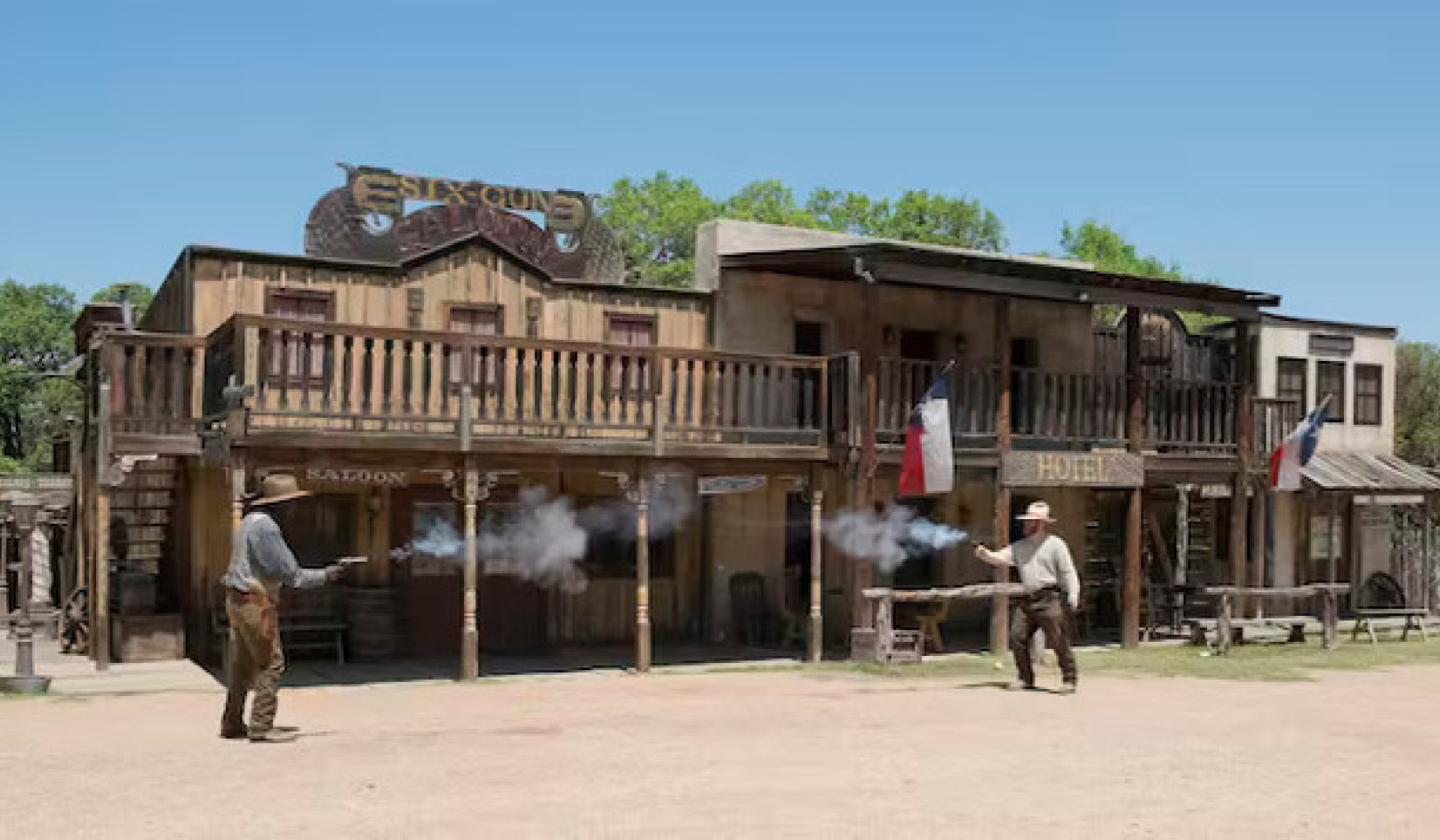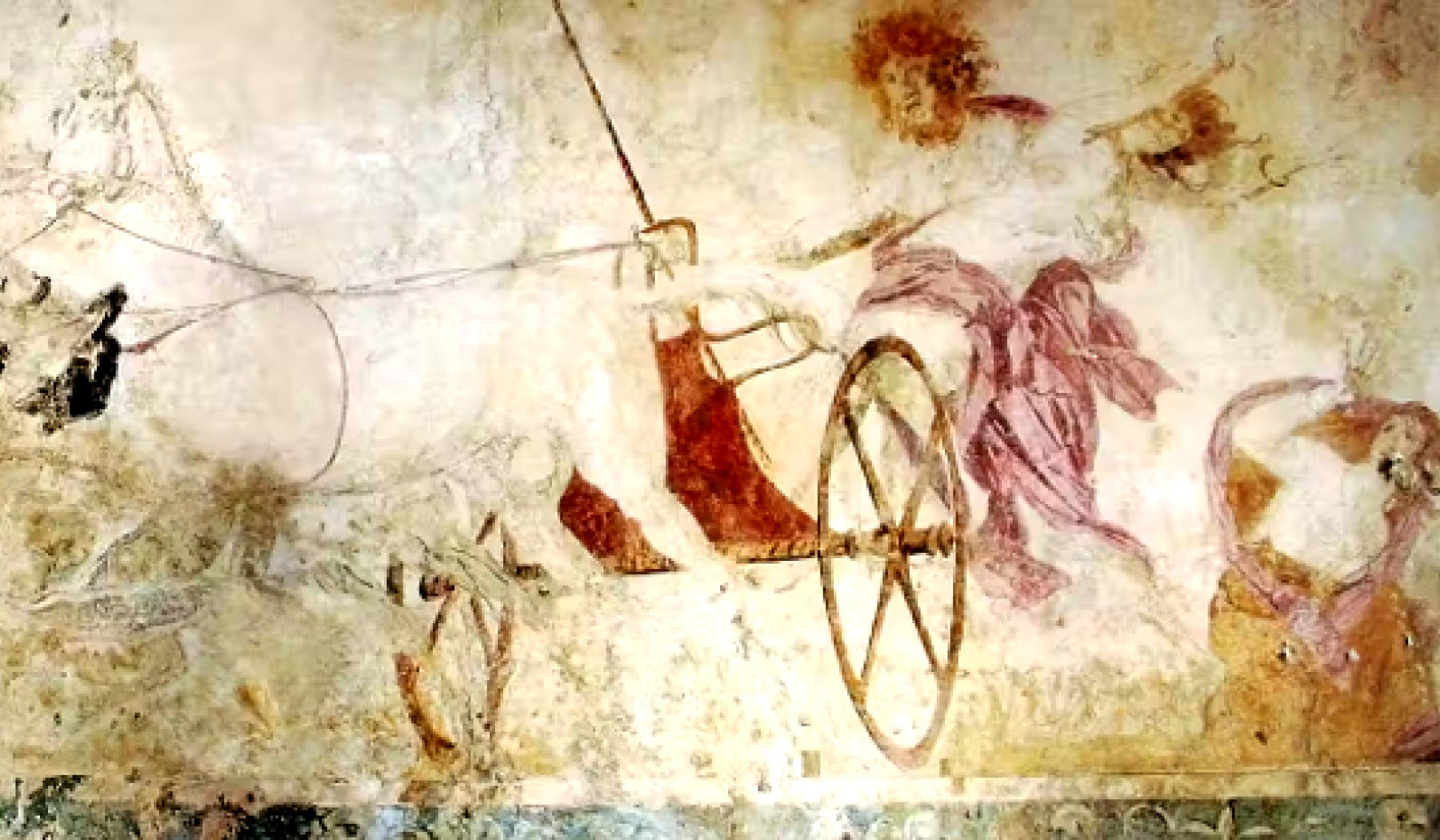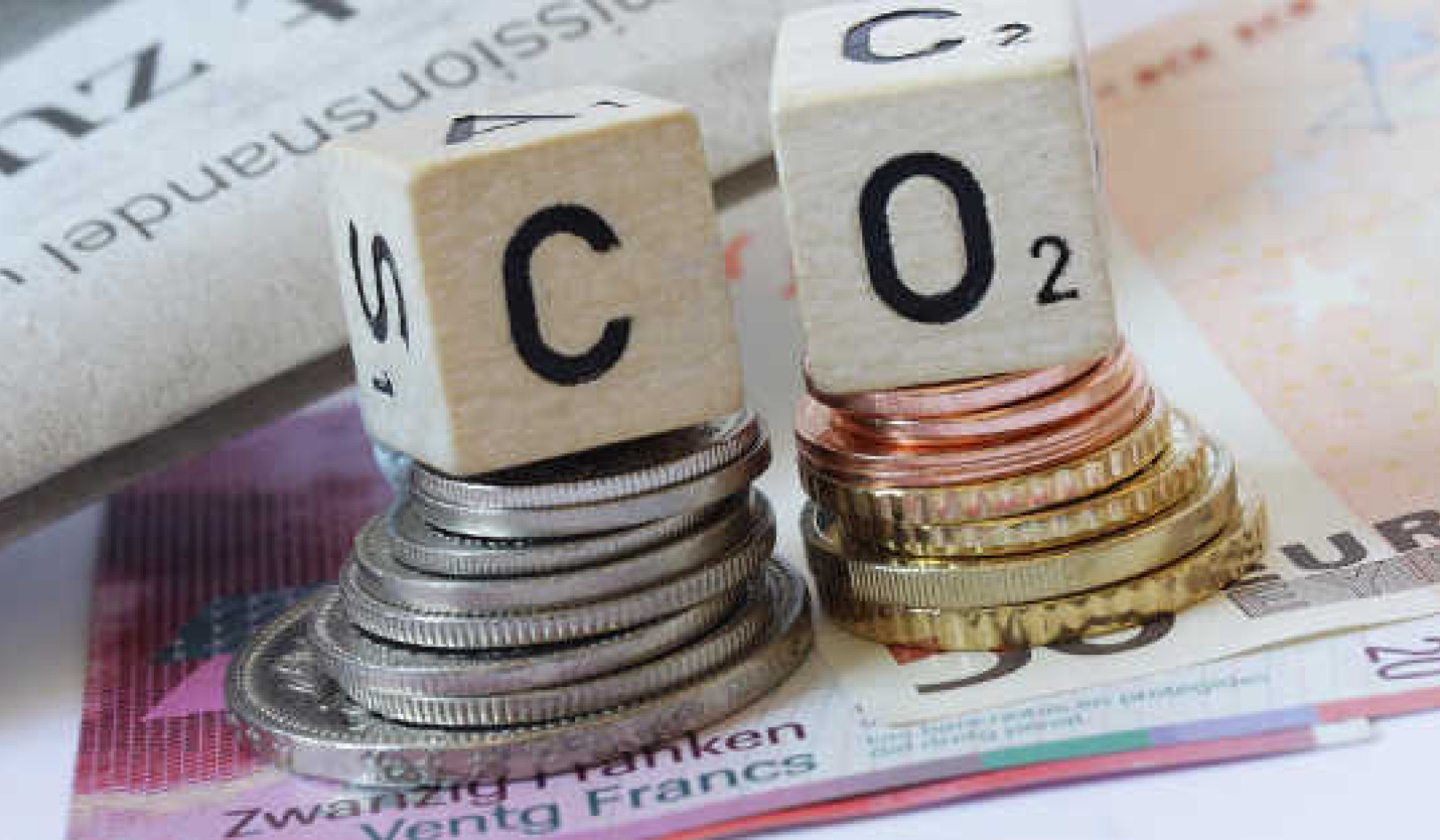While attending a biology course at the University of Florida in 1969, the professor made a statement I have always remembered. He said, "Remember the word ecology. It will become the most important word in your lifetime." It certainly was an understatement as we have given it less importance than was needed. And now we have little time left.
Earth Day is a day that holds special significance for environmentalists and nature enthusiasts around the world. The celebration of Earth Day is a global event dedicated to raising awareness of environmental issues and promoting conservation efforts. The day serves as a reminder, today and every day, of the importance of protecting the planet's natural resources for future generations.
History of Earth Day
Senator Gaylord Nelson recognized the need for a day dedicated to raising awareness of environmental issues. At the time, environmental issues were not a mainstream concern, and there was little public awareness of the harm being done to the planet. Senator Nelson's goal was to create a day that would educate and inspire people to take action to protect the planet's natural resources.
The first Earth Day was celebrated on April 22nd, 1970, and it significantly impacted the environmental movement. It led to the creation of the Environmental Protection Agency and the passage of essential ecological laws such as the Clean Air Act and the Clean Water Act. Over 20 million people participated in events across the United States, calling for stronger environmental regulations and greater protections for the planet.
Since then, Earth Day has continued to evolve and has become a global event celebrated in over 190 countries. It is a symbol of the global environmental movement and a reminder of the urgent need to protect the planet's natural resources for future generations. The day is marked by many events, from tree plantings and beach cleanups to political rallies and large-scale climate marches.
Climate Change On This Earth Day
Unfortunately, we are still diddling around and continue to massively release greenhouse gases, primarily carbon dioxide, into the atmosphere. These gases trap heat from the sun, causing the planet to warm up and leading to a wide range of impacts, including melting glaciers, rising sea levels, and more frequent and intense extreme weather events. Today, climate change is the most urgent issue threatening our collective health and well-being.
As we celebrate this Earth Day, the planet is warming at rates unseen not only in the history of humanity but in the history of the Earth. In my neck of the woods, sea level rise in the Gulf of Mexico and the southeastern US is 1/2 inch per year. In 2022 we lost the world's most famous beach at Daytona. And Fort Lauderdale had a 1000-year flood event that flooded nearly the entire city. These are not isolated events. Just last year, Pakistan had a weather event where 1/3 of the country was flooded.
Everywhere you look, in America, the weather news is terrible. The worst is yet to come, be it tornadoes in middle states, intensifying hurricanes, major flood events, and raging forest fires. Just now, the El Niño weather event, is occurring off the coast of South America in the Pacific. If it is a major one, global temperature increases could exceed 1.5C. That was the original temperature we were told we must not exceed. But the worst consequence is that we are killing off many other species on which our life depends.
The Sixth Great Extinction
As we continue to push the boundaries of our natural world, we are disrupting ecosystems and causing irreparable harm to the diversity of life on Earth. Our actions have profound implications for the well-being of other species, as well as for our survival.
The decline of insects has become increasingly apparent in recent years, often called "The Insect Apocalypse." The impact of this decline can be seen even in our daily lives, such as the lack of squashed bugs on car windshields and grills. This loss of insect life is alarming as insects play a crucial role in our ecosystems. They are pollinators, decomposers, and vital food sources for other animals. Without insects, our ecosystems could collapse, leading to disastrous consequences for all living creatures.
We are witnessing an ongoing crisis that poses a significant threat to the diversity of life on our planet. While there were five previous mass extinctions, this is the first extinction event caused by human activities. It is happening 1,000 times faster than the natural extinction rate. The leading causes are habitat destruction, climate change, and overfishing. These activities are destroying the habitats of many species, pushing them to the brink of extinction.
The Sixth Great Extinction is a stark reminder of the urgent need for action to protect our planet and its inhabitants. Protecting biodiversity is necessary for our well-being and the well-being of other species on our planet. The loss of different species can have profound implications for human survival as we rely on other creatures for many essential ecosystem services.
Let us take this opportunity to reflect on our connection to other living creatures and renew our commitment to protecting the planet's natural resources. Protecting other species can ensure a healthy and vibrant world for all living animals.
Where Do We Go From Here
As we celebrate Earth Day, as well as on every day, we must renew our commitment to protecting the planet's natural resources and promoting sustainable development. Through efforts to preserve natural habitats, reduce pollution, and promote sustainable development, we can help slow the extinction rate and maintain the diversity of life on our planet for future generations. Let us all do our part to protect the Earth and its inhabitants for our survival and the well-being of other species.
There are many ways to get involved and make a difference on Earth Day, as well as throughout the year. We can participate in local events and activities like tree plantings or beach cleanups. We can also take individual actions to reduce our carbon footprint and promote sustainability, such as using public transportation or reducing energy consumption. Most importantly, we can advocate for local, national, and global policy changes that promote environmental protection and sustainability. Time is of the essence, and young and old must all participate.
About the Author
 Robert Jennings is co-publisher of InnerSelf.com with his wife Marie T Russell. He attended the University of Florida, Southern Technical Institute, and the University of Central Florida with studies in real estate, urban development, finance, architectural engineering, and elementary education. He was a member of the US Marine Corps and The US Army having commanded a field artillery battery in Germany. He worked in real estate finance, construction and development for 25 years before starting InnerSelf.com in 1996.
Robert Jennings is co-publisher of InnerSelf.com with his wife Marie T Russell. He attended the University of Florida, Southern Technical Institute, and the University of Central Florida with studies in real estate, urban development, finance, architectural engineering, and elementary education. He was a member of the US Marine Corps and The US Army having commanded a field artillery battery in Germany. He worked in real estate finance, construction and development for 25 years before starting InnerSelf.com in 1996.
InnerSelf is dedicated to sharing information that allows people to make educated and insightful choices in their personal life, for the good of the commons, and for the well-being of the planet. InnerSelf Magazine is in its 30+year of publication in either print (1984-1995) or online as InnerSelf.com. Please support our work.
Creative Commons 4.0
This article is licensed under a Creative Commons Attribution-Share Alike 4.0 License. Attribute the author Robert Jennings, InnerSelf.com. Link back to the article This article originally appeared on InnerSelf.com
Books on The Environment from Amazon's Best Sellers list
"Silent Spring"
by Rachel Carson
This classic book is a landmark in the history of environmentalism, drawing attention to the harmful effects of pesticides and their impact on the natural world. Carson's work helped to inspire the modern environmental movement and remains relevant today, as we continue to grapple with the challenges of environmental health.
Click for more info or to order
"The Uninhabitable Earth: Life After Warming"
by David Wallace-Wells
In this book, David Wallace-Wells offers a stark warning about the devastating effects of climate change and the urgent need to address this global crisis. The book draws on scientific research and real-world examples to provide a sobering look at the future we face if we fail to take action.
Click for more info or to order
"The Hidden Life of Trees: What They Feel, How They Communicate?Discoveries from A Secret World"
by Peter Wohlleben
In this book, Peter Wohlleben explores the fascinating world of trees and their role in the ecosystem. The book draws on scientific research and Wohlleben's own experiences as a forester to offer insights into the complex ways that trees interact with one another and the natural world.
Click for more info or to order
"Our House Is on Fire: Scenes of a Family and a Planet in Crisis"
by Greta Thunberg, Svante Thunberg, and Malena Ernman
In this book, climate activist Greta Thunberg and her family offer a personal account of their journey to raise awareness about the urgent need to address climate change. The book provides a powerful and moving account of the challenges we face and the need for action.
Click for more info or to order
"The Sixth Extinction: An Unnatural History"
by Elizabeth Kolbert
In this book, Elizabeth Kolbert explores the ongoing mass extinction of species caused by human activity, drawing on scientific research and real-world examples to provide a sobering look at the impact of human activity on the natural world. The book offers a compelling call to action to protect the diversity of life on Earth.




























